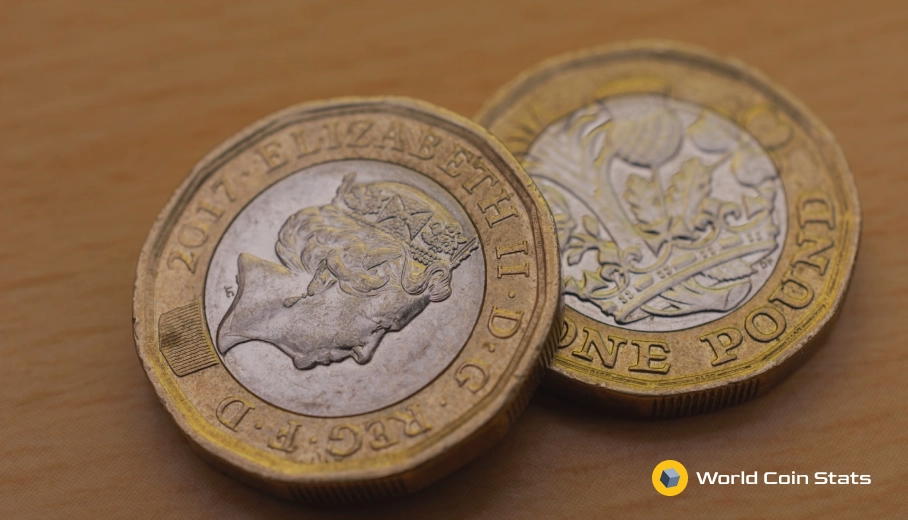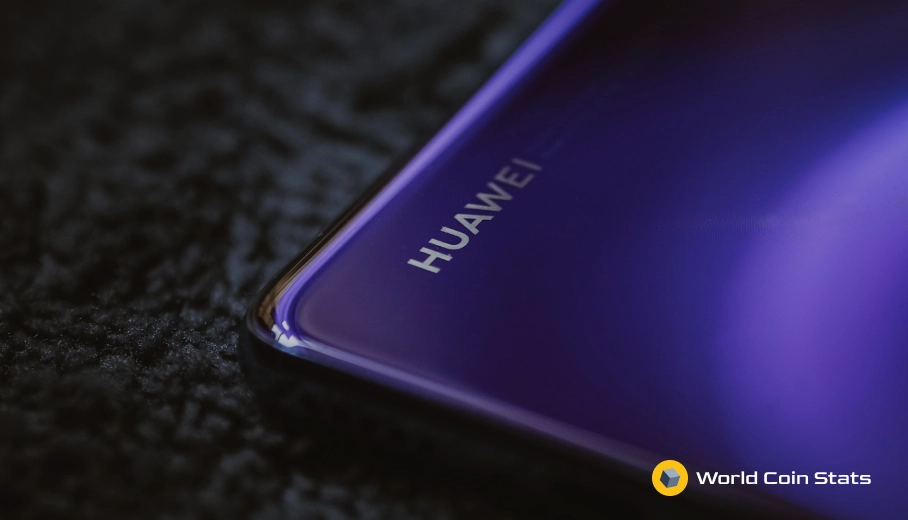Do Bonds Go Up In A Recession?
One of the main questions that people ask about bonds and recessions is; do bonds go up in a recession? If you search for the answer, you are likely to find that, no, they don’t. However, there is a slight difference in reality.
In this article, we will look at that discrepancy, and try to answer the question once and for all.
How Do Bonds Perform During A Recession?
First of all, we need to look at what banks do in a recession. The majority of central banks will lower interest rates to give more people the opportunity to borrow money.
In turn, that helps people borrow money for start-up businesses, which creates new jobs, which boosts the economy, thus helping return from a recession.
The question is; how do they lower the interest rates? Well, they buy bonds. Buying bonds at the extent that a bank does will increase the bond prices. Thus, if you own some of those bonds, they will look like they do very well.
Bond prices go up, the graph goes up, and so does your smile. However, this is a significant difference; the currency does not do very well.
Appearance Is Not Everything
As we have said, the appearance of bonds during a recession is that they go up. When banks buy those bonds, however, they are doing so with money that is worth a lot less than it was before, too.
So, if the bonds go up, but the USD index goes down, you may actually lose money instead of gaining it. For example, if you made 5% on the bonds during a recession, you may think that your $10,000 is now worth $10,500.
That makes you think that you have gained quite a lot of money. It is leading you to believe that the bonds do well during a recession. However, the price of the USD falls, usually between 50 and 60 points. That means that you actually lose ~40-50% of the overall price worth of the bonds.
Why Does Money Value Go Down When In Recession?
There are a lot of reasons for a monetary value to decrease. However, the primary consideration in regards to bonds is the way in which banks buy those bonds.
The money that they use is not actual circulating currency. The country’s central bank creates money electronically from nothing. That is what we call inflation.
What Does That Mean?
Well, that means that yes, the bonds do well. However, the value of the money they are worth goes down considerably.
That leaves us with the next question; what should we do with bonds? The best option, if you think that we are about to hit a recession, is to invest money into the bonds in countries that are likely to outperform your own currency.
The only time that you should not do that is if you think, nay know, that your countries currency is going to recover better than any other country. There is no way of knowing for sure, as that all depends on what the economic state of your country, at that time, is.
Buying Bonds In Different Countries
As we have pointed out, the best option that you have, if you think a recession is looming is to look at what other countries are doing. That way, you may be able to make informed decisions on which currency will do better than your own.
Furthermore, you also have to know why your country is entering that economic change. For example, what is your country investing a lot of money in? If you see that your country is in debt for war efforts, for example, you may want to find a country that has a lot less military activity, and see how their economy is fairing in comparison.
Then, you can make the decision to put money into their bonds and recovering them at a later date.
Conclusion
So, do bonds go up in a recession? Yes, they do. Is that always a good thing? Rarely. With the steep increase in bond prices, there is often a backlash of currency index reduction. Therefore, the value of the bonds actually decreases.




